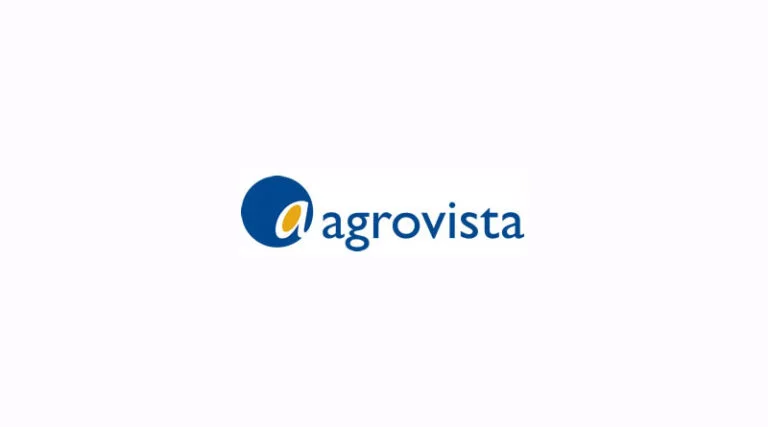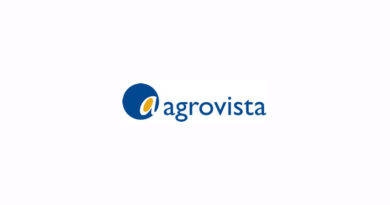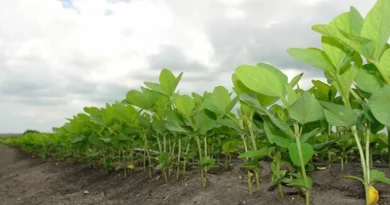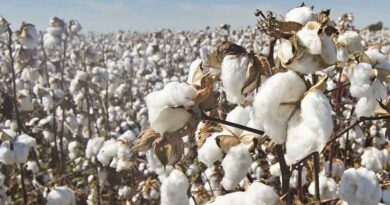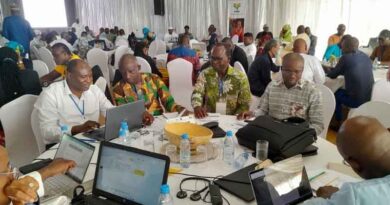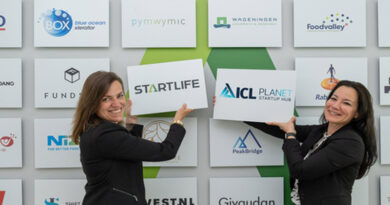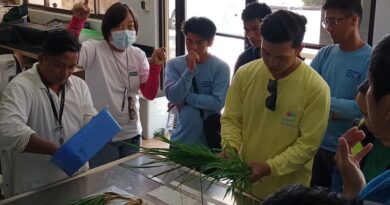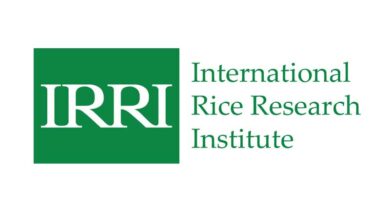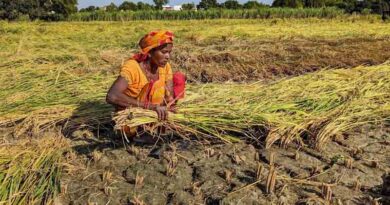Agrovista fruit agronomist now a LEAF-endorsed consultant
Alex Radu, technical manager at Agrovista Fruit, has recently become a LEAF-endorsed consultant and is recommended by the organisation to provide accurate, up-to-date advice on sustainable farming through integrated farm management and the LEAF Marque. What do growers stand to gain?
24 November 2023, UK: For three decades, Linking Environment and Farming has developed and promoted sustainable agriculture through integrated farm management (IFM).
In that time the scheme has grown in popularity among growers, who recognise the potential benefits of IFM for crop production and of LEAF certification for marketing.
The LEAF Marque, which identifies produce grown to the organisation’s sustainable farming principles, was launched 21 years ago and is now widely demanded by buyers in the premium and assured food markets.
As such, around 45% of UK fruit and vegetables are now grown on LEAF-certified farms, according to the organisation.
LEAF’s IFM is based on a whole-farm business approach combining the best modern technology and traditional methods, covering nine areas (see below).
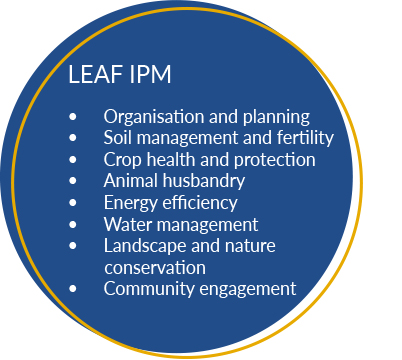
These are closely aligned to Agrovista’s ethos. Head of fruit, Mark Davies, says: “For some years now, one of the strengths of Agrovista’s Fruit Team has been its expertise on advising on a sustainable approach to integrated pest management.
“Alex has been key in leading the team in this direction, and becoming a LEAF-accredited advisor was a natural progression for him, and growers recognise and appreciate that passion.”
All the fruit businesses that Alex Radu works with belong to the scheme. “LEAF Marque is becoming the industry standard,” says Alex. “It highlights produce grown by conscientious farmers who undertake responsible crop management, growing sustainable, high-quality crops with due regard for biodiversity and the wider environment.”
Certification is not just a one-off process. LEAF growers have to complete an annual Sustainable Farming Review, which helps monitor performance, identifies strengths and weaknesses and sets targets for improvements across the whole farm.
“I can certainly help with applications, structuring them so they deliver the optimum benefits for the farm and the business,” says Alex. “But the main reason I became a LEAF-accredited consultant is to help growers develop and improve through the annual reviews.”
LEAF certification works at individual farm level. It recognises that no two farms are the same, so different approaches will be needed to deliver the required results.
“We’re not just talking crops, but the whole farm – soil, woodlands, watercourses, microclimates, physical aspects, then selecting best options to bolster resources and reduce pest and disease pressure,” says Alex.
“I know our growers’ farms in detail, so I can suggest the best options available and help implement them. This also makes a potentially time-consuming process relatively straightforward.”
Alex considers the key IFM principles for the fruit sector to be crop management, including integrated pest management; nutrient management; water management and usage, and biodiversity on the farm.
“We need to consider how we can enhance all these aspects – the best growers have room for improvement.”
Precision sampling enables zonal application of nutrients and composts, helping to reduce the impact of fertilisers on soil biology and the environment. “Auditors will look at nutrient planning based on soil quality, analysis and management, so it is very important to get this right,” says Alex.
Specific microbiology enhancers can also be used to improve soil health. “Soil is a priceless resource that is becoming degraded and is losing its properties,” says Alex. “We also need to examine areas like soil organic matter content and earthworm numbers and improve them as necessary.”
Other precision techniques like blossom counting and tree vigour assessment using drones and tractor-mounted sensors can reduce the need for chemical thinners and cut fertiliser use while achieving more even cropping patterns across orchards.
Broad-spectrum crop protection products with a high environmental impact have largely disappeared. However, their replacements, although more targeted, can be less effective, increasing the need for natural predators to reduce build-up of pests and diseases and achieve the required control.
“We don’t want orchards to look like golf courses, where grass strips are mown tight with little or no biodiversity,” says Alex. “This creates a pretty sterile environment, with few naturally occurring beneficials.
“Food and shelter help maintain good levels. Leaving grass longer, establishing wildflower strips, throwing cuttings under trees, using compost and manures and establishing shelters will all help establish biodiversity.
“These methods will also encourage pollinators. For example, whilst you can introduce pollinators like bumble bees and honey bees, these are less active in adverse weather. Naturally occurring solitary bees are hardier, so looking after them can give you the edge.”
Water management is becoming increasingly important, Last year’s serious drought focused minds as some crops were barely irrigated. “There are lots of opportunities for improvement here,” says Alex.
“These are just a few examples of areas that can be addressed. Hopefully they demonstrate that, far from being a tick-box exercise, LEAF certification offers a range of benefits and paybacks. Increasingly, many LEAF practices can also be copied and pasted into Sustainable Farming Incentive actions.
“Overall, LEAF certification is invaluable for growers looking to improve their businesses and make them more resilient for the future.”
Also Read: Global Fisheries Conference 2023 to be organized in India on 21-22 November at Ahmedabad
(For Latest Agriculture News & Updates, follow Krishak Jagat on Google News)

